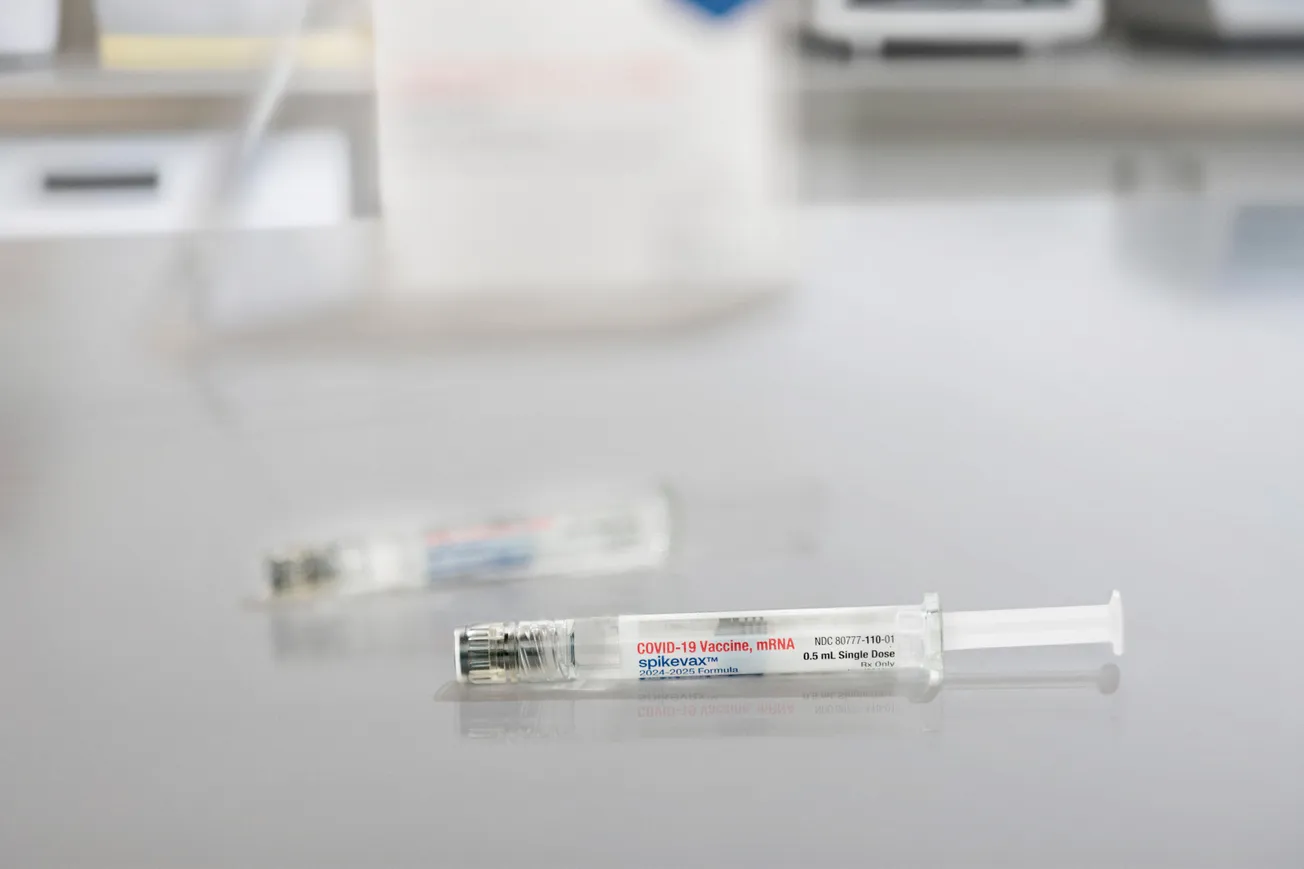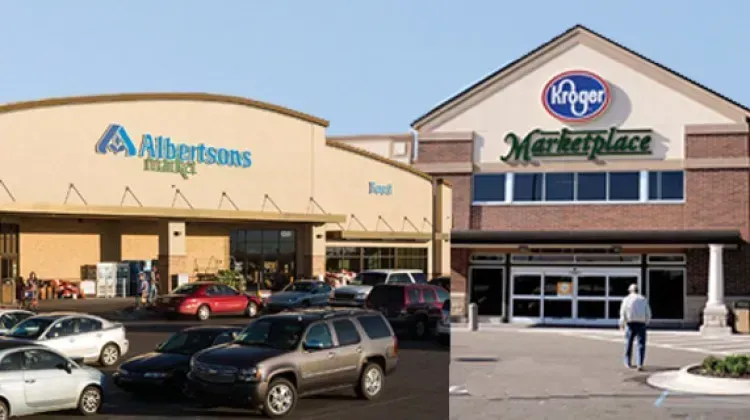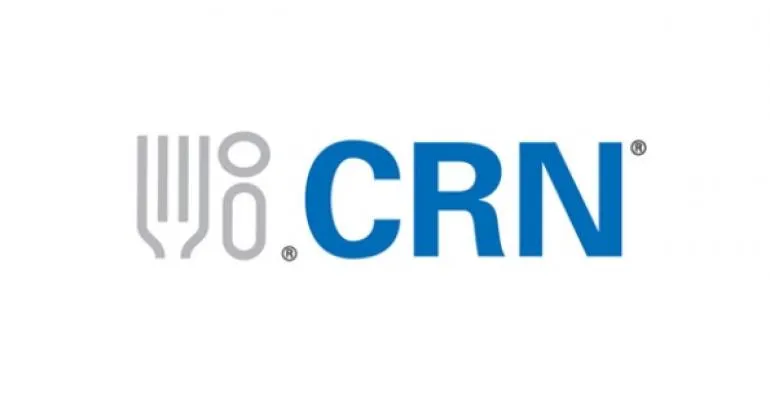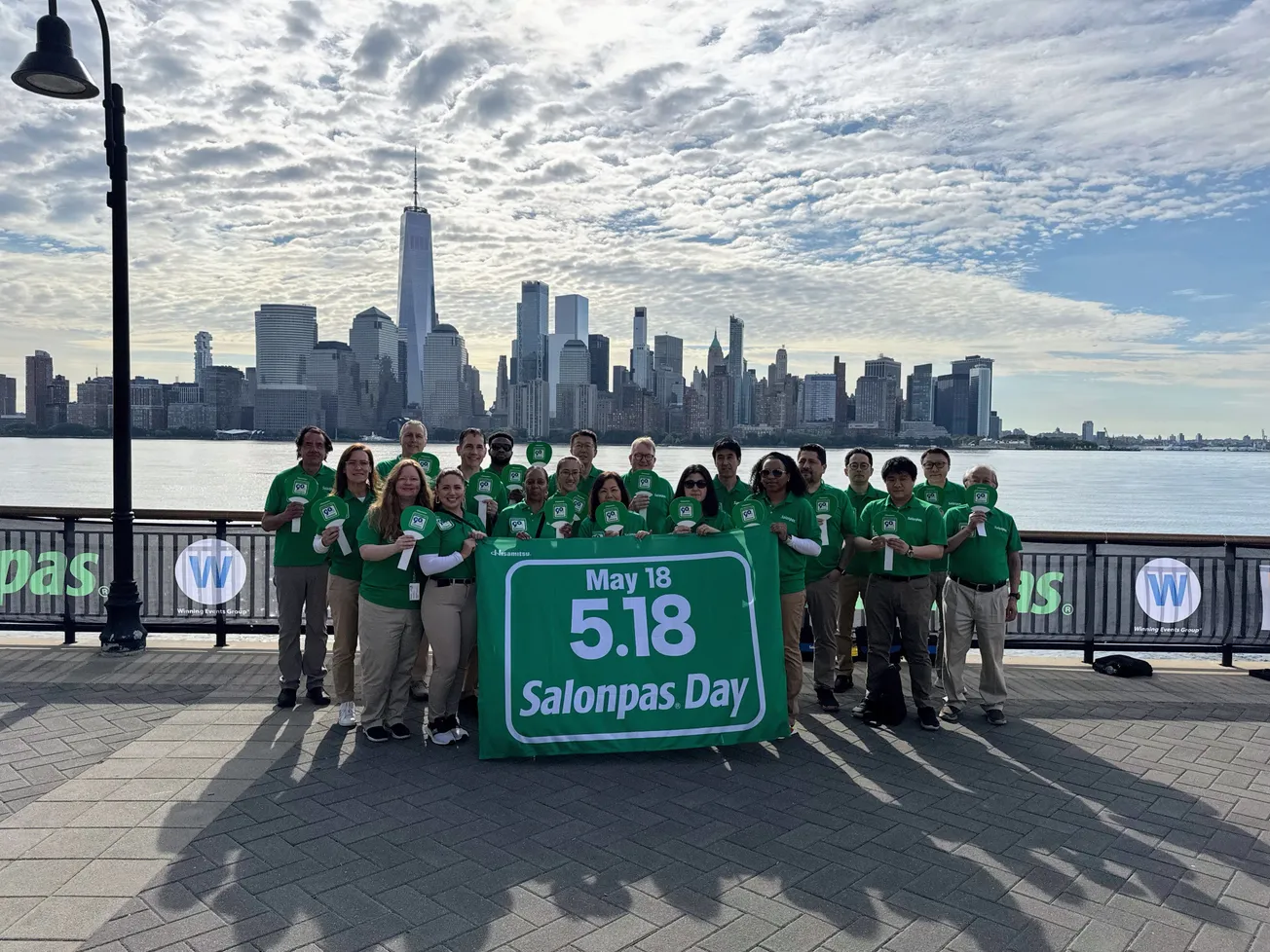ARLINGTON, Va.— The National Association of Chain Drug Stores Friday welcomed Senate legislation that would limit to a seven-day supply the initial prescriptions of opioids for acute pain — a move that is consistent with Centers for Disease Control and Prevention’s (CDC) guidelines.

Steve Anderson
Sens. Kirsten Gillibrand (D., N.Y.) and Cory Gardner (R., Colo.) announced the introduction of the legislation, the John S. McCain Opioid Addiction and Prevention Act (S. 724), in a press release quoting NACDS president and CEO Steve Anderson.
“The seven-day limit for initial acute-pain opioid prescriptions is consistent with pharmacists’ recommendations from the front lines of care, their collaboration with law enforcement, and the needs of chronic pain sufferers,” said Anderson. “Six in 10 Americans support this measure, with only two-in-10 indicating opposition, according to a January 2019 Morning Consult poll commissioned by NACDS. This bill will help prevent addiction and help prevent unused medications from falling into the wrong hands. Our support reflects pharmacies’ longstanding commitment to serve as part of the solution.”
NACDS has noted that the opinion research reflects consistent support for this strategic approach across political ideologies, and that support is particularly strong among seniors. Furthermore, seven-in-10 voters support “advancing policies that leverage pharmacies’ role as working partners for stronger and safer communities _ such as working to address the opioid-abuse epidemic.” CDC notes that, for acute pain, “three days or less will often be sufficient; more than seven days will rarely be needed.”
The bill is consistent with one of NACDS’ priority public policy recommendations to help further address the opioid abuse epidemic. NACDS’ recommendations relate to initial prescription limits for acute pain; prescription drug monitoring plans (PDMP); drug disposal; and mandatory electronic prescribing.
The legislation would build on the SUPPORT for Patients and Communities Act (H.R. 6), enacted in 2018, which is consistent with all of NACDS’ recommendations and which was particularly helpful in requiring electronic prescribing for Schedule II through V controlled substances prescriptions covered under Medicare Part D to help prevent fraud, abuse and waste _ with limited exceptions to ensure patient access. The legislation also is consistent with the White House’s 2019 National Drug Control Strategy, which NACDS welcomed in February.
In addition to advancing its public policy recommendations, NACDS and pharmacies maintain longstanding and ongoing initiatives to prevent opioid abuse, including compliance programs; advancing e-prescribing; drug disposal; patient education; security initiatives; fostering naloxone access; stopping illegal online drug-sellers and rogue clinics; and more. NACDS’ Chain Pharmacy Community Engagement Report indicates that opioid abuse prevention stands as one of the top priorities for NACDS members among their community engagement initiatives.









